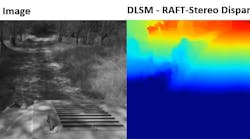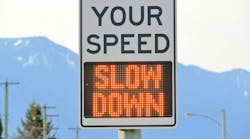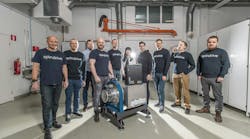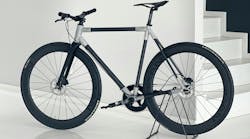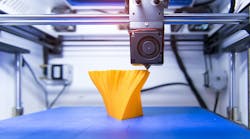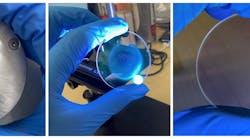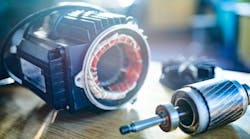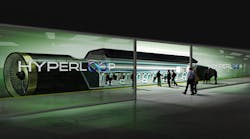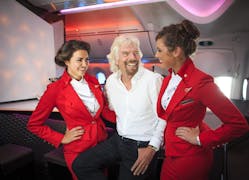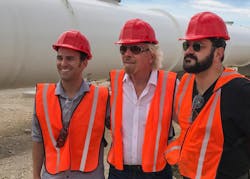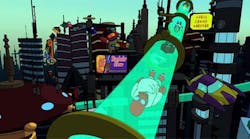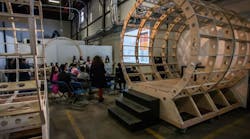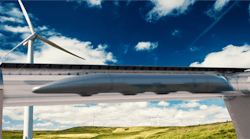Hyperloop One has finally found a space-obsessed billionaire to partner with to actualize plans for its ultra high-speed transportation system. No, it's not Elon Musk, the Tesla Motors and SpaceX founder who conceived of passenger and cargo pods enclosed in a near-vacuum environment hurtling to their destination at 700 mph.
It's this guy:
Yes, Richard Branson, the knighted entrepreneur responsible for a line of records stores, airlines, and coming next year, commercial space travel. And of course, doing whatever the hell he wants, from notable philanthropic efforts to riding out a category 5 hurricane in his wine cellar.
In a statement released Oct. 12, Hyperloop One announced Virgin Group it will be entering into a global strategic partnership with Virgin Group to focus on passenger and mixed-use cargo service. Branson is joining the board of directors and the company's new name will be Virgin Hyperloop One.
Currently, Hyperloop One is exploring how to fund and build ten routes across the globe that a panel of engineering and logistics experts selected. Each was proposed by local public-private partnerships, and at least one is targeted for service by 2021.
Before Virgin's involvement, that target seemed more wildly optimistic than Musk's plans to reach Mars in 2024. Much of this stems from engineering concessions Hyperloop One has had to make since Musk's initial proposal. That 2013 white paper called for tubes much slimmer than the nearly 12-foot-wide ones on the 50-ft. Nevada test track, which makes building a 300-mile track over mountains and through cities all the more difficult. Furthermore, the main benefit to building a hyperloop, carrying people and cargo 700 mph, has not been demonstrated. The team did get the XP-1 pod to reach 200 mph, a major achievement in itself.
And not reaching anywhere close to 700 mph won’t be possible on a short track. That's like putting a gun against a wall and firing it. The true feasibility of the hyperloop won’t be fully understood until longer tracks are built and governments are able to complete the necessary bureaucratic milestones such as environmental impact studies. It's one thing to prove the technology works; it's another to get a state's department of transportation to allow a series of giant tubes to weave over and under its highways and streets.
But the deal with Branson at this point could only be good news. After last year's very public falling out with former lead engineer Brogan BamBrogan, stemming from accusations of harassment and nepotism at the top, Branson, an alpha lion through and through, should bring the needed stability and leadership to the company.
With more than $245 million in funding before the Virgin partnership, a lot of people have invested their capital and faith in the idea. And billionaire innovators don’t settle for good ideas— they take great ideas and forge them into a profitable venture.
And hyperloop could be very profitable, not only for the stakeholders, but for manufacturers around America. These networks will require hundreds of manufacturing and construction workers, along with hundreds of millions of dollars in equipment and materials to build even one route. This could be the major driver for manufacturing jobs over the next decade. Unless Branson decides to move to the moon when he heads to space next year, we will find out in a few short years.
Do you think the Virgin Group's involvement will help make the hyperloop a reality? Let us know in the comments below!
